Growing up on a farm in Custer, Michigan, Ed Mikulskis learned to love the feel of his hands in the dirt.
He learned to fix tractors and lawnmowers.
He learned to grow crops and raise beef cattle.
But he never learned how to deal with cancer.
Mikulskis, 64, has been battling different forms of cancer for more than a decade, beginning with a thyroid cancer diagnosis 13 years ago.
Two doctors spent eight hours in the operating room removing the cancer.
“It seems like every six years something will pop up,” said his wife, Sue.
About six years after his original diagnosis, his thyroid cancer returned. He underwent another surgery.
“Last year, where his thyroid was, it started swelling,” Sue said. “It looked like he had a growth on him. We just thought the thyroid cancer came back.”
A grueling battle
Mikulskis saw Carol Peterson, MD, an oncologist at the Spectrum Health Ludington Hospital Cancer Center.
His diagnosis came as a shock—Mantle Cell lymphoma, a rather rare form of cancer that affects only about 15,000 people in the United States.
Dr. Peterson said Mikulskis should prepare for a bone marrow transplant. She referred him to Syed Muneer Abidi, MD, a Spectrum Health blood and bone marrow transplant specialist at the Spectrum Health Cancer Center in Grand Rapids.
“Ed was 100 percent against it,” Sue said. “They told him, ‘If you don’t have this transplant, you won’t get rid of it all. It’s a better way to kill everything and give you a longer time.’ But Ed was still 100 percent against it.”
Sue told him the choice was his, but she preferred he do it.
Eventually he agreed. Last July, he underwent five chemotherapy treatments to kill off his immune system in preparation for transplant.
The travel for treatments and appointments proved grueling—about 20 trips to Grand Rapids, which took close to two hours drive time each way.
After his Nov. 15 bone marrow transplant, Mikulskis spent three weeks recovering at the Lettinga Inpatient Cancer Center unit in Spectrum Health Butterworth Hospital.
Ever the farmer and fix-it man, Mikulskis had never been much into technology. But he and his wife Skyped with their children and grandkids to keep in touch.
Beginning in late January, they began using the Spectrum Health app at Spectrum Health Reed City Hospital to connect with Dr. Abidi in Grand Rapids.
Road to recovery
Every three months, Mikulskis and his wife meet up with Dr. Abidi on Spectrum Health video equipment, conversing and seeing each other over a television monitor.
While they’re in Reed City, Dr. Abidi is in Grand Rapids.
“You feeling OK?” Dr. Abidi asked through the monitor during one visit. He asked if Mikulskis had any flu or respiratory symptoms, or if he had started on any new medications.
They discussed his white blood count and his medication list.
Dr. Abidi reminded Mikulskis about the danger of catching the flu and other respiratory illnesses, since his immune system isn’t strong enough yet to ward off many ailments.
Soon, Mikulskis will be getting all of his baby shots again.
Dr. Abidi asked the nurse in the room with Mikulskis to check him over with the stethoscope, which had a direct audio feed back to Dr. Abidi.
“I’m going to mute this so we only get sounds from the stethoscope,” Dr. Abidi said. “Could you check his back, please? Deep breaths. Now the upper part of the lungs?”
The nurse followed the doctor’s directions.
“OK, good,” Dr. Abidi said. “Very good. No swelling in his legs, right? Can I peek at his ankles, please?”
The nurse pointed a small camera at his ankles. They checked out OK.
“OK, your next appointment will be in three months,” Dr. Abidi said. “Any questions for me?”
When the session concluded, Mikulskis and his wife drove the 45 minutes back home to Custer.
After three appointments on the Spectrum Health app, Mikulskis is now sold on the new technology.
It also allows Sue to keep up with her job as a school bus driver. She can drive in the morning, take her husband to a Spectrum Health app video appointment in Reed City, and then return home in time to pick the kids up from school in the afternoon.
“It saves a lot of driving,” Mikulskis said. “I think it’s just as efficient (as an in-person visit) and maybe more so because it’s a smaller setup. You get right in. They take care of you right away and you’re back out. You don’t have to fight the traffic in Grand Rapids.”
Mikulskis has enough to fight right now, without adding traffic to the mix.
But he’s keeping his roots firmly grounded—and his attitude high.
“You take whatever comes along, I guess,” he said. “You’ve just got to deal with it. I learned I had thyroid cancer 13 years ago. I learned from that. It doesn’t pay to worry about it. It will make you old. You just do what you’ve got to do.”
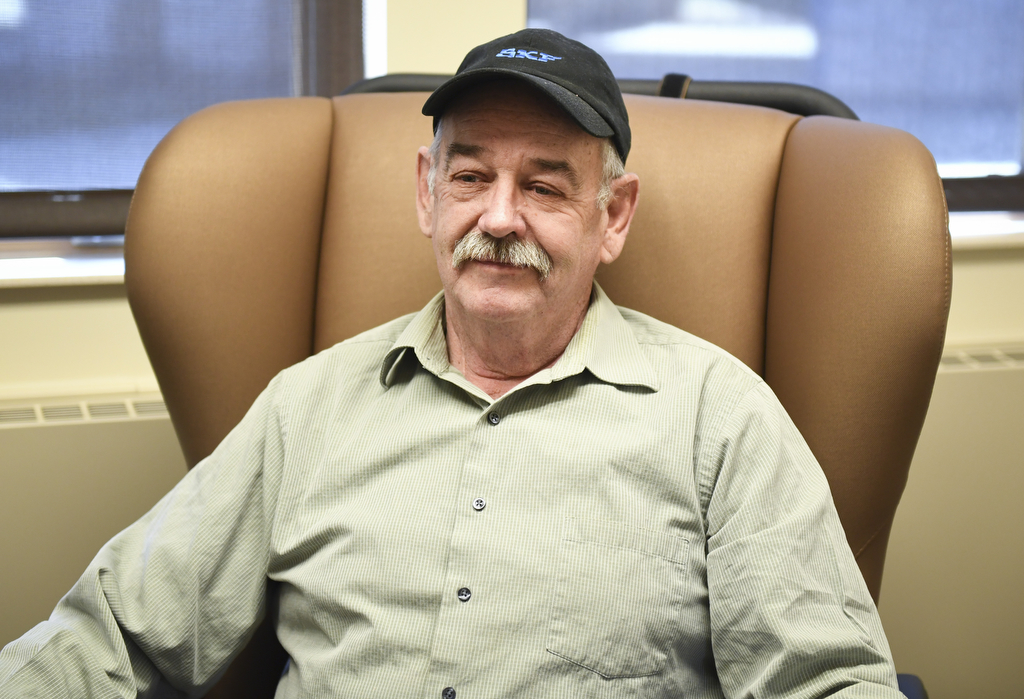
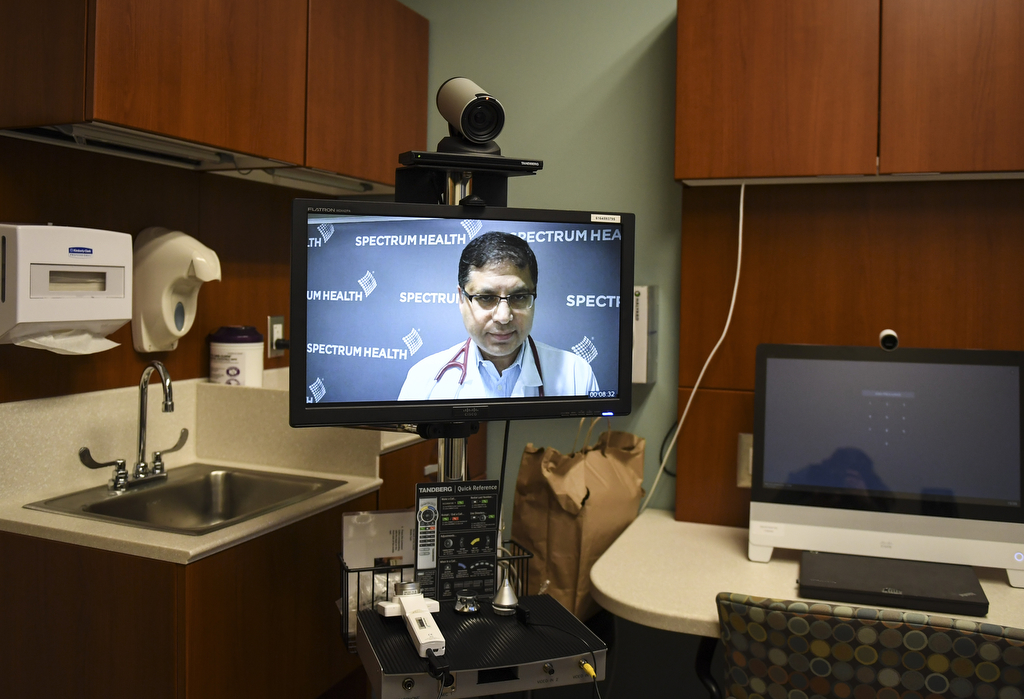
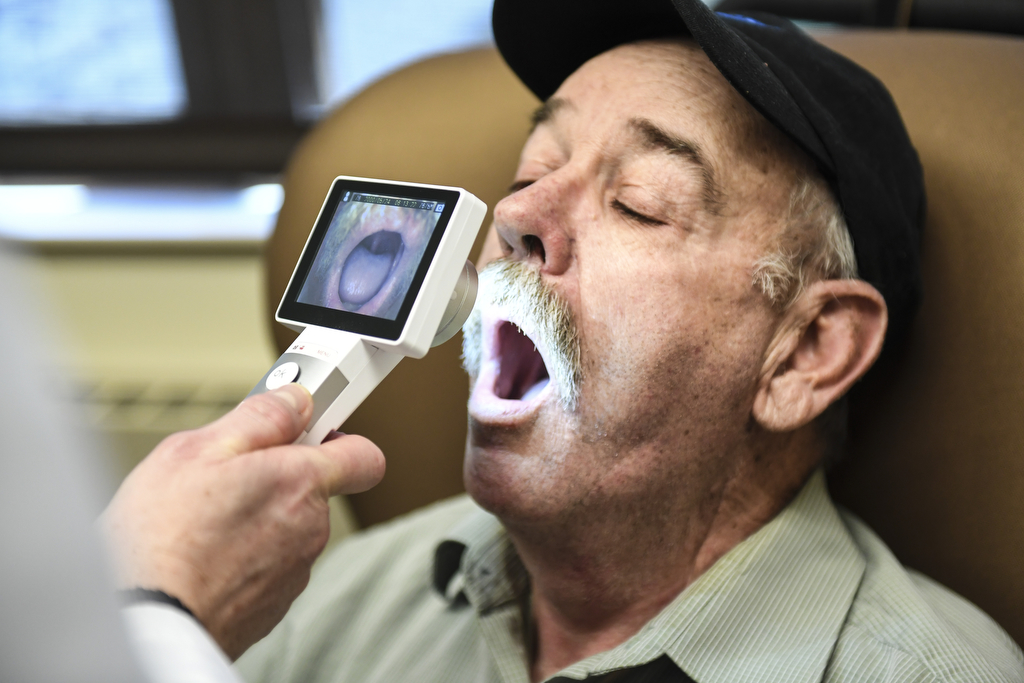
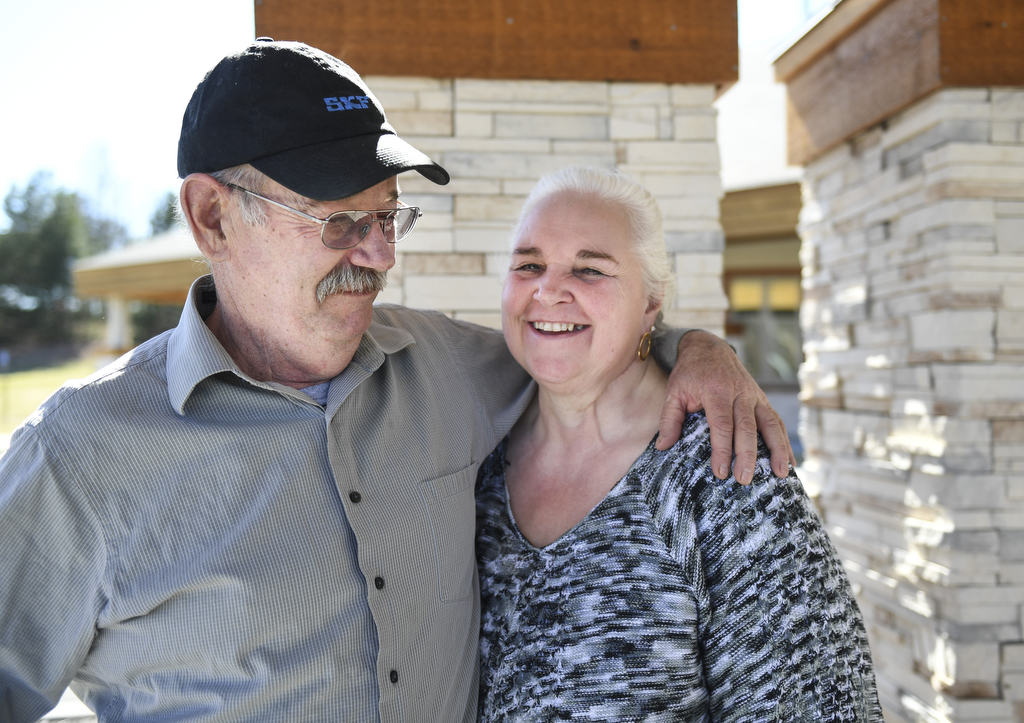
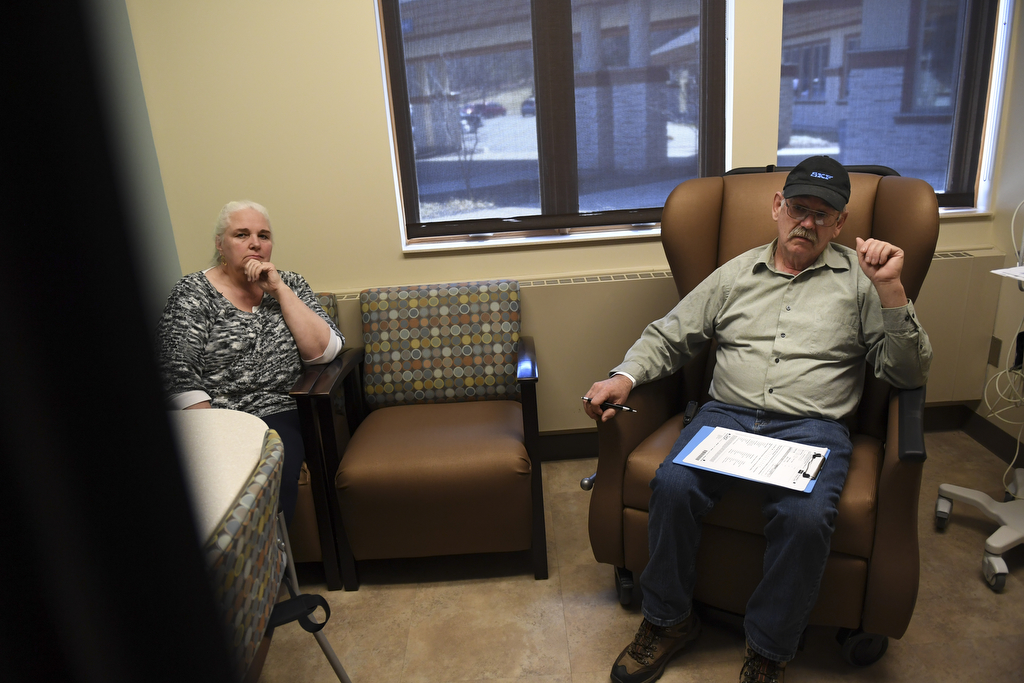

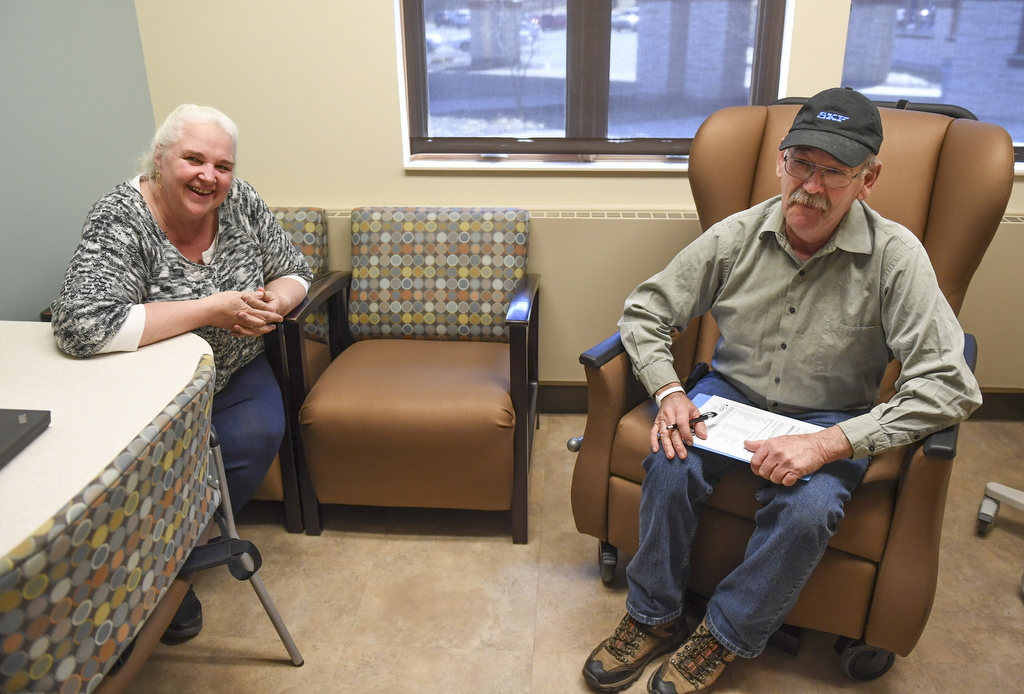

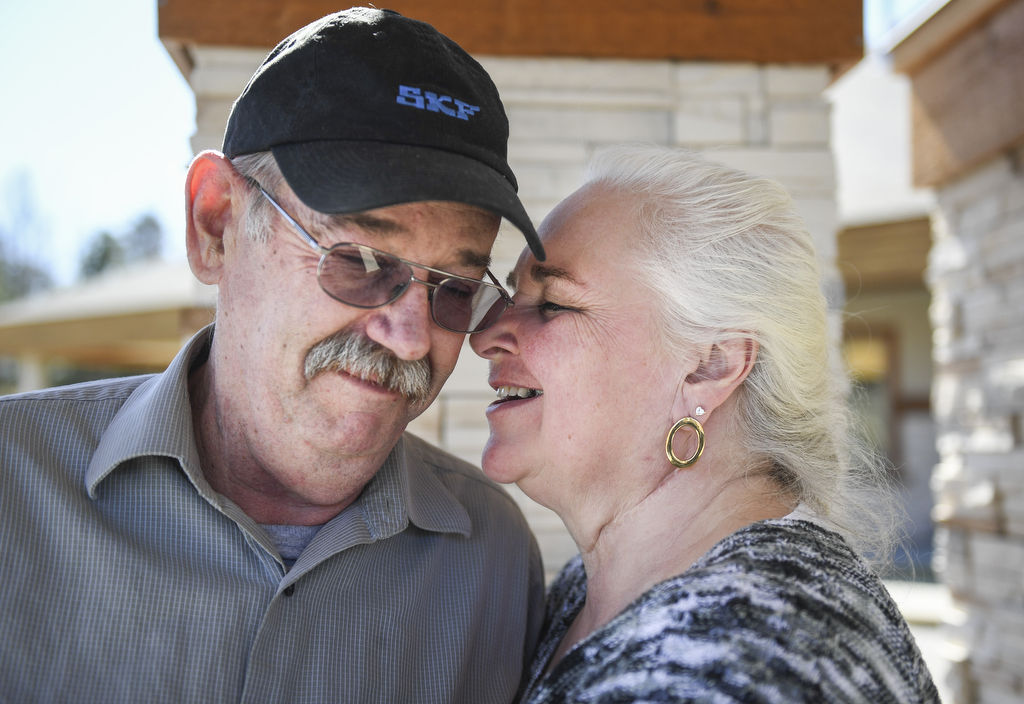
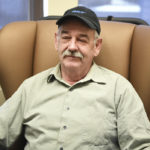
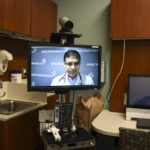
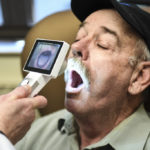
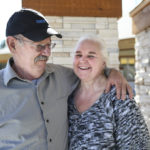
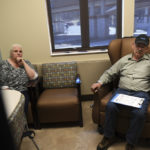
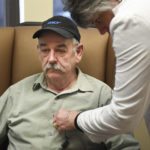
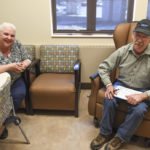


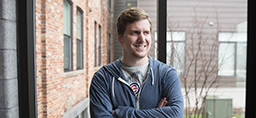 /a>
/a>
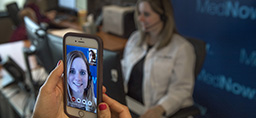 /a>
/a>
 /a>
/a>